Prime Minister Narendra Modi has regularly mentioned Sri Aurobindo in his speeches on Independence Day, which also happens to be the revolutionary-philosopher’s birthday. Earlier this week, the PM took the lead in a programme honouring Sri Aurobindo on his 150th birth anniversary, releasing a stamp and a coin bearing his image. What is it about Sri Aurobindo that resonates with the prime minister? Is it Aurobindo’s global mindset? His belief in action as a means to enlightenment? His belief that ancient spiritual knowledge will bring forth another Indian renaissance? Or is it Aurobindo’s Gujarat connection?
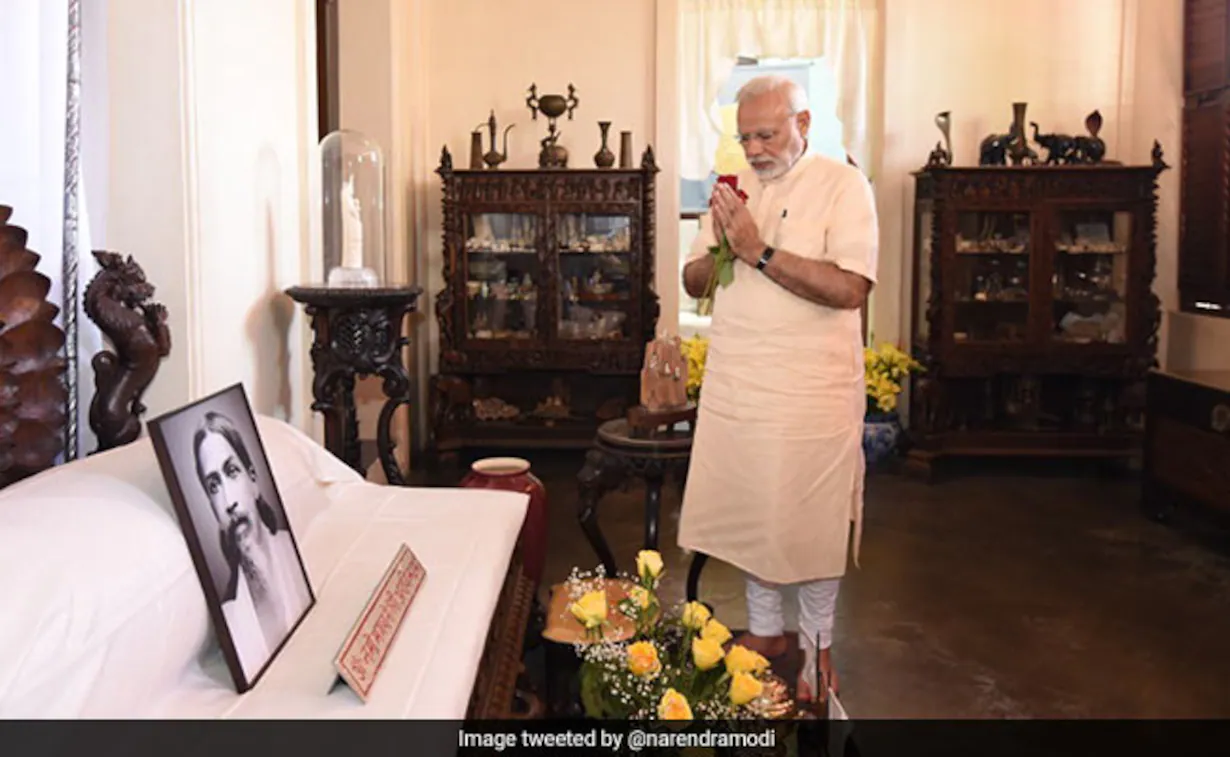
Born in Kolkata, when the city was the capital of the British Raj, Aurobindo Ghose was, in many ways, a product of his times. The son of a civil surgeon in the British government, he was sent to Britain for his schooling at an early age, studying at St Paul’s, London, and then at King’s College, Cambridge. His Anglophile father was set on making an Englishman out of him and keen that he join the Indian Civil Service (ICS).
Young Aurobindo passed the ICS exams but never joined the service. Instead, he returned to India after 14 years in England and joined the administration of the State of Baroda. Aurobindo stayed in Baroda for 12 years and it was here that he de-anglicized himself, studying Indian culture in all its myriad aspects, learning Yoga and imbibing the political ethos of that age. Aurobindo eventually became a teacher and the vice-principal of Baroda College, the precursor to Maharaja Sayajirao University.
Located in a lane off Commerce College Road in Navrangpura, the Aurobindo Centre in Ahmedabad stands testament to the fact that Sri Aurobindo’s links with Gujarat have endured. The white Art Deco bungalow, named Matrubhavan, originally belonged to Gujarati poet Tribhuvandas Purushottamdas Luhar (pen-name Sundaram), who set up his home as a trust after moving to Sri Aurobindo’s Ashram in Pondicherry in 1945.
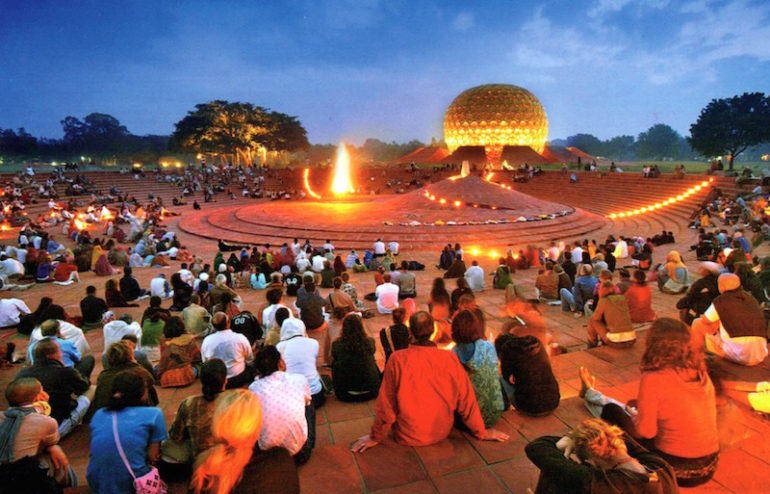
The bungalow and its grounds are remarkably well maintained and when I drop by at 3 pm, there are a few people in the meditation room and the curio shop selling products from Auroville, Pondicherry, is open for business.
Haribhai Patel, a trustee of the Sri Aurobindo Krupa Trust, which runs the Centre, tells me they’re building a mini-Auroville called Ompuri in Kheda district, 50 km from Ahmedabad. The foundation stone for the project was laid in 1983 and it’s been slow moving since then. “But we’ve recently received a large donation which should go a long way in completing the project,” says Patel.
Aurobindo Centres exist and flourish in every major city in Gujarat. In Ahmedabad, Matrubhavan is not the only institution to disseminate Aurobindo’s ideas. The Sri Aurobindo Sadhana Kendra, located in Vasna, is another organisation dedicated to the man.
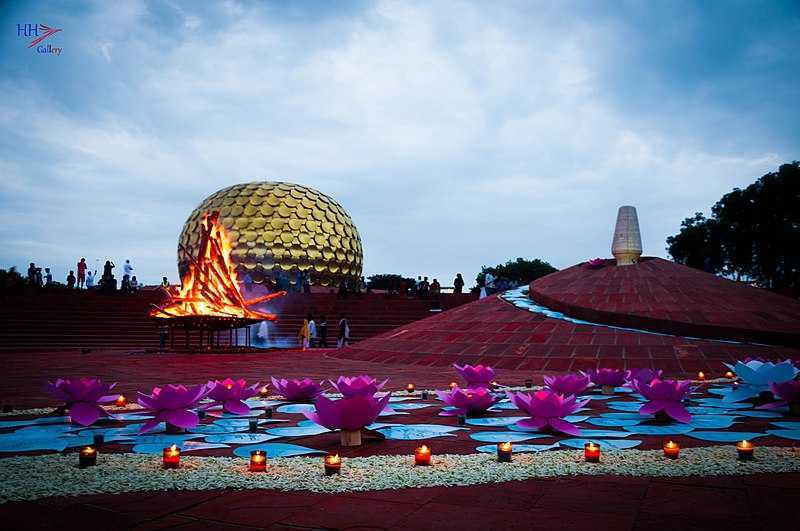
Like the Aurobindo Centre, the Sadhana Kendra organises regular readings from Aurobindo’s works. The Kendra recently shifted from a rented space to a building of its own, bought with donations from well-wishers. “We don’t have a large number of followers, but those who come to the centre did contribute generously for the building,” says Yogesh Thanki, trustee.
Sri Aurobindo left Baroda in 1905 to join the Bengal National College in Kolkata. It was here that he threw himself into politics, starting a publication called Bande Mataram, where he wrote articles that the British considered incendiary. He emerged as a leading figure in the Indian National Congress, presiding over the party’s conference in Surat in 1907, where there was a split between the moderates and nationalists.
Aurobindo’s time in national politics was impactful, but it was brief. In 1908, Aurobindo was accused of masterminding the bombing in Kolkata that targeted a British magistrate but killed two British women instead. Locked up in solitary confinement in Alipore jail for a year, Aurobindo spent his time studying the Upanishads.
His lawyer was the redoubtable Deshbandhu Chittaranjan Das and the trial eventually ended in his acquittal.
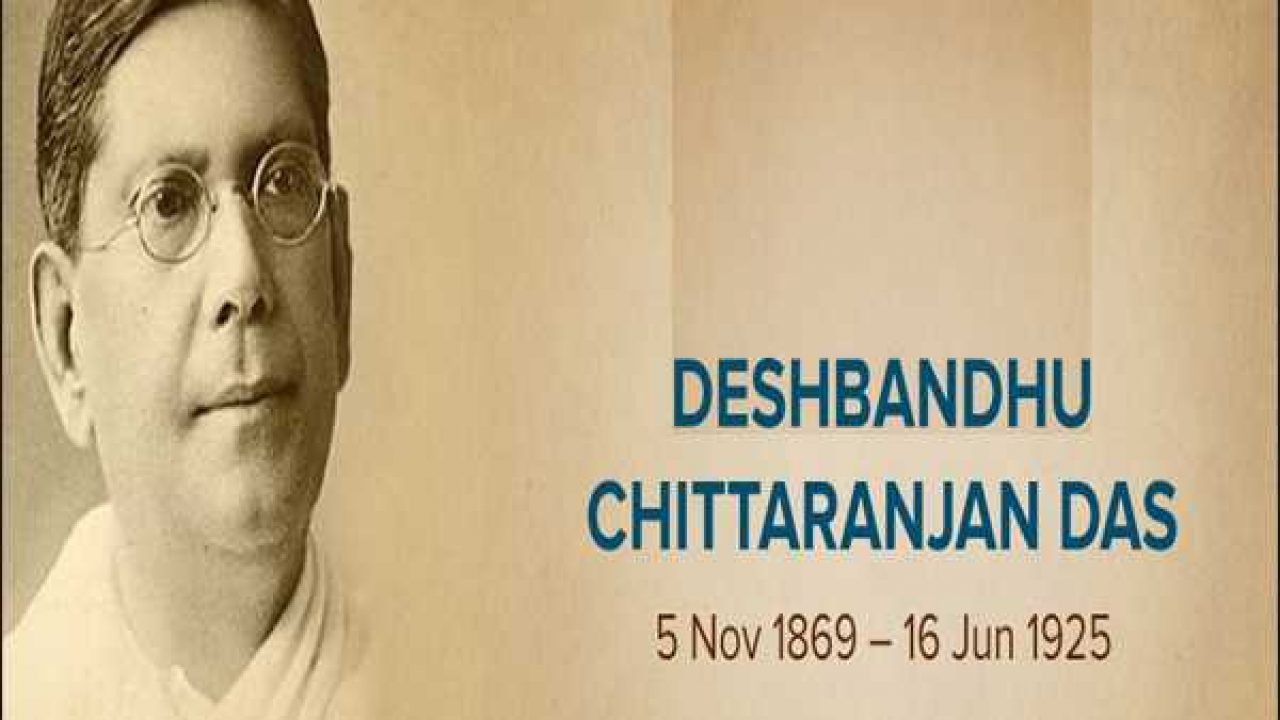
Aurobindo emerged a changed man after his incarceration. With the threat of arrest still hanging over him, Aurobindo decided to move to the French territory of Pondicherry, where he would remain for the next 40 years.
It was here that he formulated the spiritual philosophy that would come to be his hallmark. Aurobindo rejected the idea that the cycle of life is a burden. His ashram in Pondicherry was not meant to be an austere sanctuary for monks seeking to escape the materialistic world. The Ashram did not follow any particular religious custom, but it was a place where everyone worked, quietly.
In his film Citadel of Silence, Sankar Majumdar stresses the quiet calm of the Ashram, saying Aurobindo believed silence prepares, acts and compels, whereas speech creates.
Aurobindo believed that with willpower and knowledge, man could exceed himself and become a ‘Supermind’.
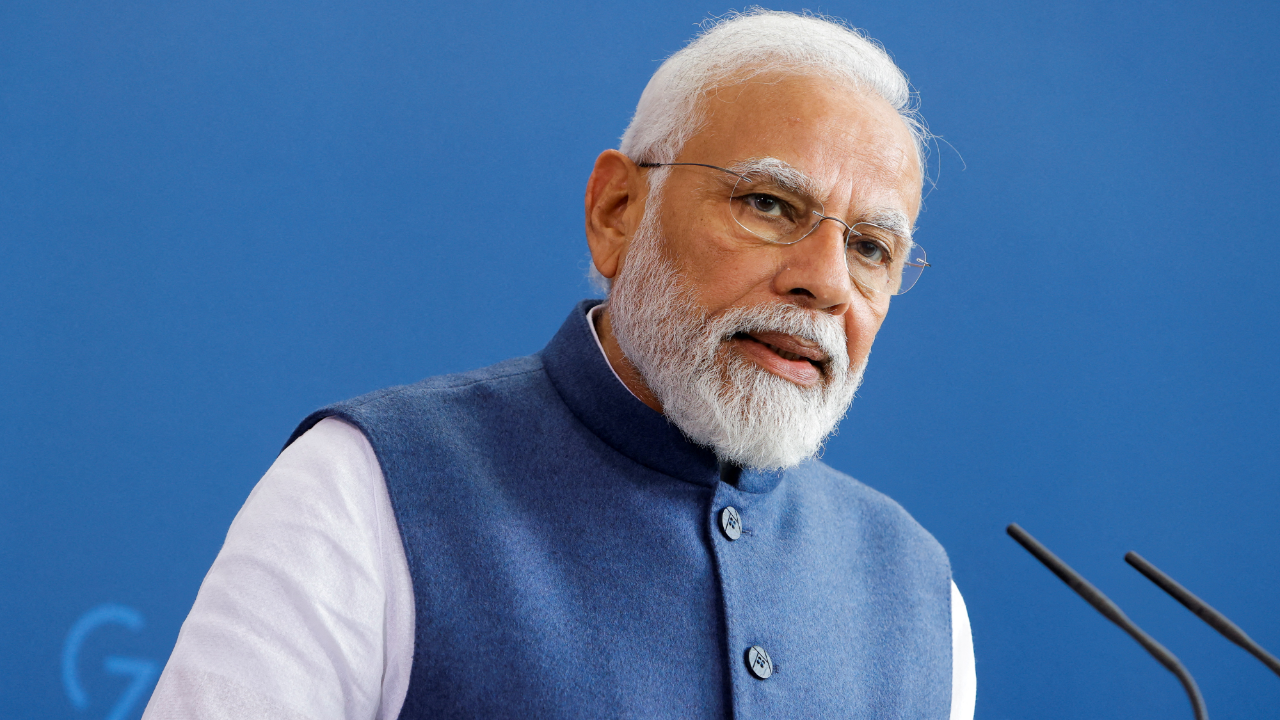
In his book Renaissance in India, Aurobindo says Indians must recover the spiritual knowledge of the past and channel it into modern science, art, literature and philosophy. This will enable us to solve the problems of the modern-day world and create a more spiritual society. Aurobindo’s philosophy can be complex, which is why he has tended to be less popular with masses, even in his home state of Bengal. But with Prime Minister Modi as his champion, that just may change.



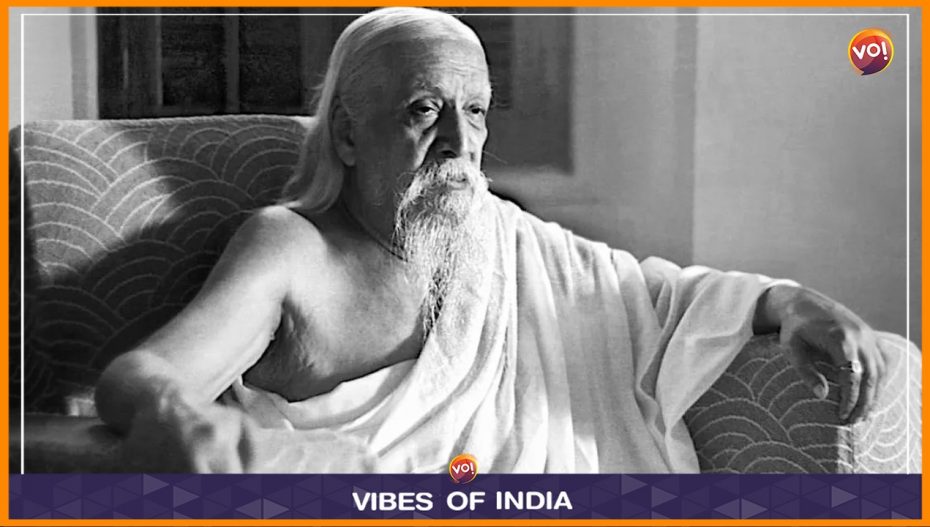










Nice Article. In my opening one more reason for PM Modi to be influenced by Sri Aurobindo may be the latter’s nationalistic belief which can be best explained by his comment when India was partitioned on 15 Aug 1947, “ the Nation will not accept the settled fact as for ever settled, or as anything more than a temporary expedient.”